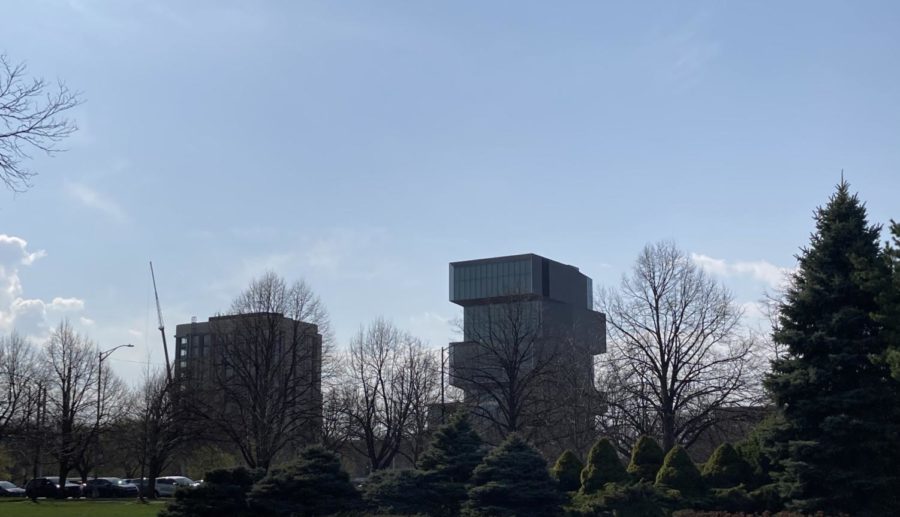A new study by UChicago researchers showed that 91 percent of Americans were concerned about the spread of misinformation ahead of the midterm elections, and a majority believed that misinformation was contributing to political extremism and violence.
The study was published by the AP-NORC Center for Public Affairs Research, a collaborative endeavor between the Associated Press and NORC at the University of Chicago dedicated to reporting on developments in social science research. NORC at the University of Chicago, formerly known as the National Opinion Research Center, is an independent research institution specializing in social scientific studies and policy analysis.
AP-NORC randomly selected poll respondents from a sample that included 97 percent of US households. In total, 1,003 adults over the age of 18 representing all 50 states and the District of Columbia participated. All polling was conducted from September 9–12, two months before election day, via online and telephone interviews.
Poll questions focused on the spread of misinformation and its effect on political discourse. Respondents were asked if they believed misinformation was a problem, if they believed they had been exposed to or had spread misinformation, and if they thought misinformation contributed to political polarization and extremism.
The overwhelming majority—91 percent—of respondents said they believed misinformation was a problem, while 74 percent believed it was a major problem. These statistics changed little from the previous year. AP-NORC also reported that these responses varied little across demographics. In a press release for the study, senior researcher David Sterrett commented, “There is a consensus among people, regardless of their partisanship, age, or race and ethnicity, that misinformation is a problem.”
Many respondents were concerned that they had been exposed to or spread misinformation themselves. Seventy-one percent of respondents were at least somewhat worried they had been exposed to misinformation, and 40 percent were extremely worried. Seventy-seven percent were worried that their family members had been exposed to misinformation as well. Substantially fewer respondents—only 43 percent—worried that they had spread misinformation themselves, even unintentionally, and 52 percent worried their families had spread misinformation.
The study also revealed that most Americans believe misinformation is fueling political violence and extremism. Seventy-seven percent of respondents believed that misinformation was increasing the prevalence of hate crimes, and 73 percent believed that misinformation was increasing the prevalence of extreme political beliefs. Democrats were more likely to view misinformation as increasing hate crimes (85 percent) and extreme political beliefs (80 percent) than Republicans (72 percent and 70 percent, respectively), though there is still a majority among both parties.
Respondents were also asked how they believed misinformation was affecting political engagement and government trust. Fifty-four percent of respondents believed that misinformation was increasing political engagement, with no significant variations across political affiliations. Fifty percent of respondents believed misinformation was decreasing trust in the government, with some slight variation between Democrats (57 percent) and Republicans (46 percent).
The public concern about misinformation presented a challenge for political leaders trying to encourage democratic participation ahead of the 2022 midterms. This study was released to coincide with the 2022 Pearson Global Forum, a convention of social scientists and policymakers that aims to bridge the worlds of academic research and policymaking.
Forum Director Sheila Kohanteb wrote in the press release, “The public continues to see misinformation as a significant problem that is impacting them personally. Many are also worried about the impact on democracy including the ways misinformation fuels hate crimes and extreme political beliefs.”









